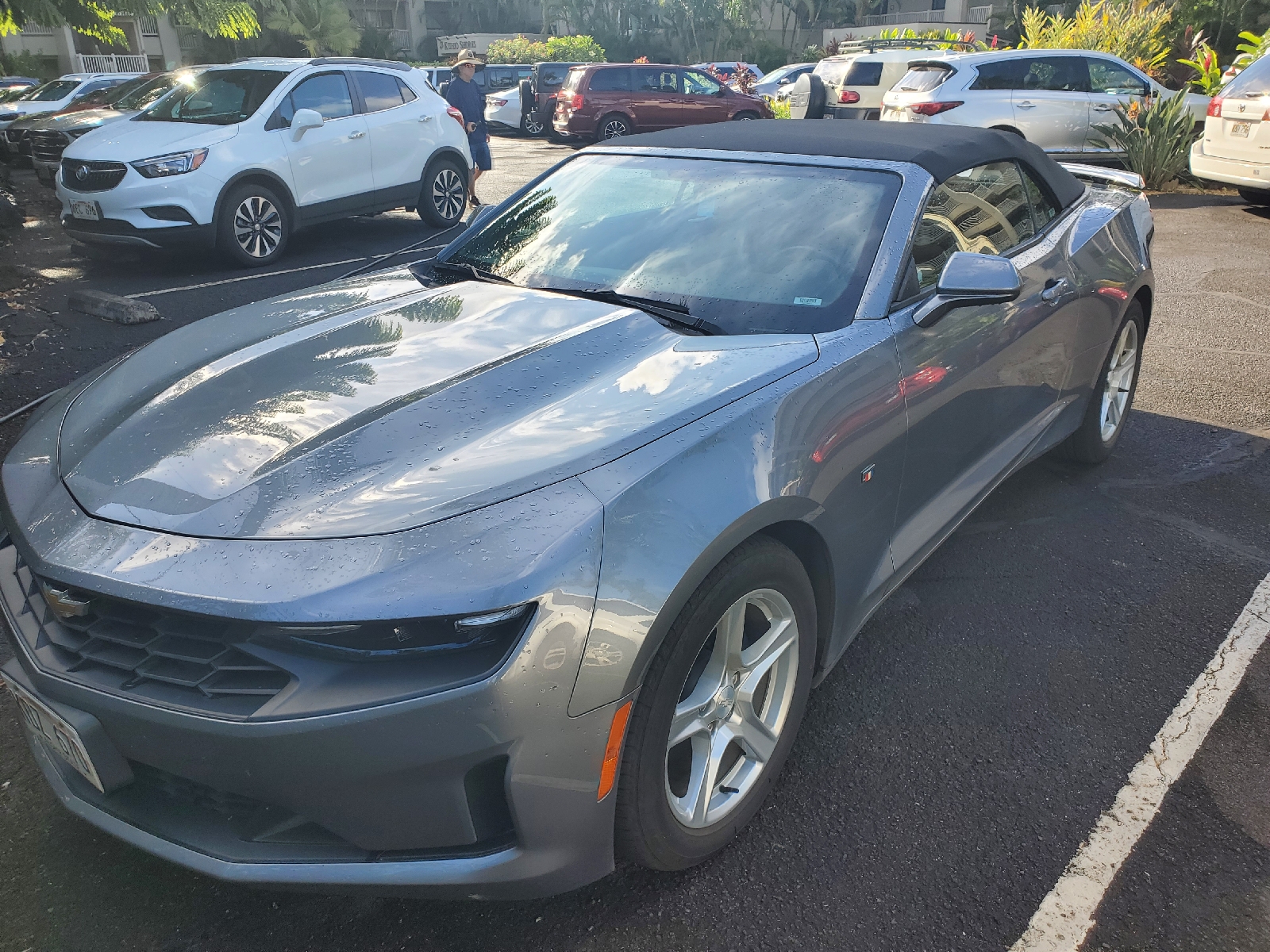Is this finally sand's year?
That's the biggest question to be answered Nov. 4 when the National Toy Hall of Fame announces the three new members of the most important hall of fame in the world.
Sand is among 12 finalists for induction into the National Toy Hall of Fame, where it hopes to join the similarly overlooked stick, which was inducted in 2008. Other simple toys include blanket (2011), cardboard box (2005), ball (2009) and paper airplane (2017).
Sand, of course, is a longshot for the Class of 2021. There are just three spots available and most observers expect Cabbage Patch Kids to get one. With American Girl Dolls and Battleship among the other nominees, sand will need to pick up a gritty win to advance, if you get my joke.
The Toy Hall of Fame, for the unfamiliar, is based in Rochester, New York. The Hall of Fame began inducting toys in 1998 with the legendary class that included Barbie, Lego, marbles, Hula Hoop, Lincoln Logs and 12 others. Since that, the greatest class is generally considered to be 2004, when G.I Joe, rocking horse and Scrabble were inducted.
Last year saw Baby Nancy, sidewalk chalk and Jenga qualify. (If only there were a metaphor for the possibility of Jenga's induction collapsing.)
This year's nominees include the aforementioned sand, Cabbage Patch Kids, American Girl Dolls and Battleship. The other eight nominees are billiards, Fisher-Price Corn Popper, Mahjong, Masters of the Universe action figures, piñata, Risk, The Settlers of Catan board game and toy fire engine.
As with every Hall of Fame (baseball, football, basketball, hockey, rock and roll, inventor, etc.), there is harsh debate over the nominees. You may play Mahjong and think it should be a slam-dunk inductee and I may think it's an adult gambling game, nowhere near the level of the Big Wheel (inducted in 2009) and Silly Putty (2001).
You may consider the Masters of the Universe action figures the epitome of cool toys and I may think they're some dumb toy that arrived, thrived and disappeared between my childhood and that of my kids.
You may think the piñata is a novelty birthday event and I may know you're wrong and it's a brilliant combination of violence, competition and free candy.
You may think that sand is just an irritant that gets on your blanket at the beach and I may think "Oh, it's Mrs. Brad weighing in," but I would still think you're off base.
This should be sand's year. Just read the description of sand as a toy that was included in the Toy Hall of Fame's nomination announcement: "Sand may be the most universal and oldest toy in the world. Educator Maria Montessori has argued that sand 'is one substance that the modern child is allowed to handle quite freely.' Children recognize sand as a creative material suitable for pouring, scooping, sieving, raking and measuring. Wet sand is even better, ready for kids to construct, shape and sculpt. Sand provides unique opportunities for tactical, physical, cooperative, creative and independent free play."
It's sand's time. Piñata, too, frankly. If they both make it, I'm willing to look past the inevitable Cabbage Patch Kids induction and consider the 2021 class the best in years.
If it's Mahjong and the Masters of the Universe? I'll find you and kick sand in your face. If sand is not a Hall of Fame toy, it's at least an elite-level way to express anger.
Reach Brad Stanhope at bradstanhope@outlook.com.



